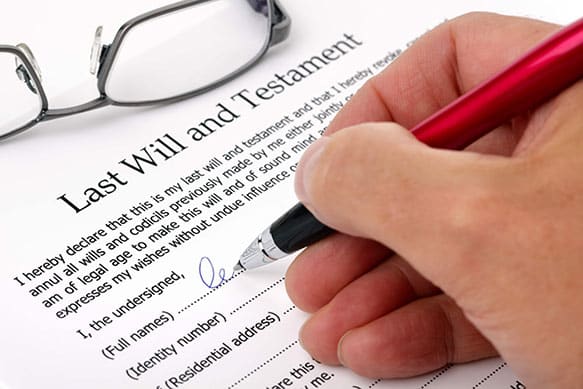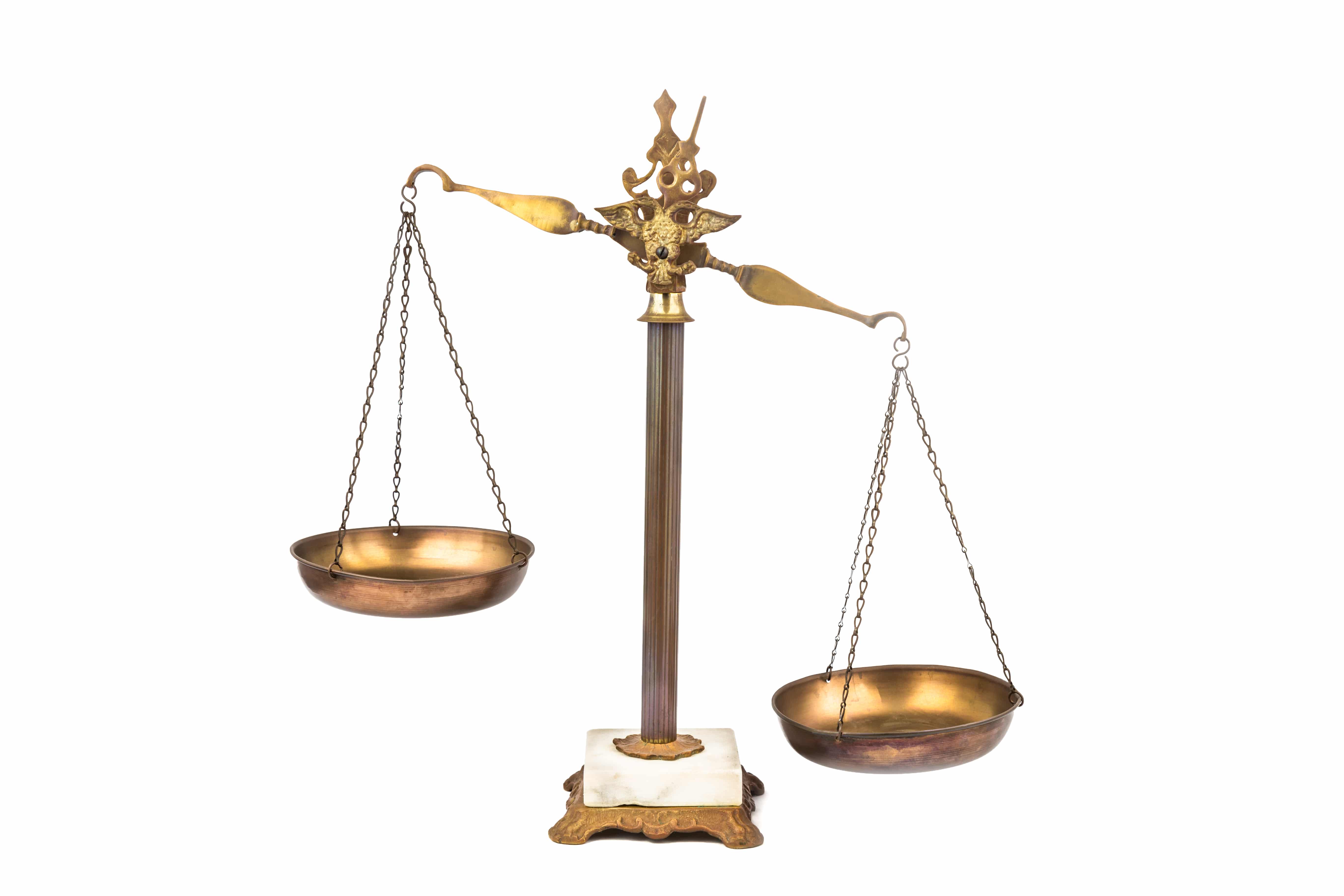DO I NEED AN ESTATE PLAN?
Affordable ESTATE PLANNING Services in ARIZONA

EXPERIENCED ESTATE PLANNING LAWYER
Our experienced estate planning lawyers take a look at:
Who should have an estate plan? What is an estate plan? As well as the role of an Arizona Estate Plan Attorney. Our Estate Lawyers also look at charitable donations and health care directives for people seeking assistance with Wills, Trusts, Probate, and Estate Planning throughout Arizona.
Schedule a free consultation to get answers and advice on your specific estate planning legal needs.
When most people think of an estate, they think of a large, lavish home on a sprawling property. And since most people don’t have that, estate planning may seem unnecessary. But despite the name, you should still plan your estate even if you aren’t wealthy. You should use a will, trusts, or other estate planning documents if you own any assets or have a family. This will eliminate confusion and stress for your family members after your death, and make sure they receive any assets like vehicles, property, and heirlooms that you wish to pass on to them.
What is Estate Planning?
Estate planning is the process of creating legally valid documents that distribute your assets and address other relevant issues after you pass away. Your will, can be used to designate who should receive your property and possessions, but also who should be the guardian of your children if you pass away while they are still minors. There are several types of taxes that could apply to your estate, like estate taxes and gift taxes, that estate planning can help you avoid or minimize. Estate planning allows you to choose your own executor, who will take the lead on the probate process and make sure all of your beneficiaries receive what you left for them. You can also create documents like a health care power of attorney and living will that will let doctors know how to proceed if you are incapacitated and unable to give consent to medical treatments.
PLAN YOUR ESTATE
Clearly, if you are proactive and carefully plan your estate, your loved ones will be thankful for it in the future. Take the next step by calling our firm to set up your free consultation with one of our experienced Arizona estate lawyers. We will help you decide which documents to use, how to distribute your assets, and reduce tax liability and the risk of probate. And we do it all at affordable rates designed to work with most budgets. Give yourself peace of mind with the knowledge that your loved ones will be taken care of after you pass away. Call or use our online form to schedule your free consultation today.

Arizona Intestacy Laws
If you pass away without a will, this is known as dying “intestate.” When someone passes away intestate, their assets will be distributed according to their state’s intestacy laws. In Arizona, the first factor the court will consider in intestate succession is whether the decedent was married. If the decedent has a surviving spouse, the spouse will get the entire estate if the decedent has no descendants, e.g., children and grandchildren. The spouse will also get the entire estate if no descendants survived the decedent, or if all descendants are shared between the spouse and the decedent. If the decedent has descendants that aren’t shared with the spouse, the descendants may be entitled to shares of the decedent’s community and separate property. The decedent may not have a surviving spouse or descendants- in that case, the estate will go to the decedent’s surviving parents, or their descendants. If you’d like to save your loved ones all of this mess and confusion after your death, you should create a will and any other estate planning documents you see fit.
Charitable Giving
One important benefit of estate planning is that it allows you to give some or all of your wealth to organizations that support causes that are important to you. If you pass away intestate and somehow don’t have any appropriate beneficiaries, all of your property would go to the state. Instead, you can use your will or trusts to make sure your money goes to the right place. Contact an estate planning lawyer for guidance on reducing your charitable organization’s tax liability and maximizing your contribution.

Advanced Healthcare Directives
Advanced healthcare directives are documents that let your family members and physicians know how you would like certain medical issues handled if you can no longer articulate your wishes, as well as after death issues like organ donation and burial or cremation preferences. Many people use them to decide in advance whether they would like to receive medical treatments like tube feeding, life support, CPR, artificial breathing, and more. Even if several people know what you would want in that type of situation, it will reduce the burden on all of your loved ones if you have your wishes laid out in a legally valid document.

When Do I Need an Estate Planning Attorney?
The problem with estate planning is that it has to be completed before you actually need it. In other words, you need to hire an estate planning attorney while you are still alive and of sound mind, not after. Once the decedent has passed away, you will need to hire a probate attorney instead of an estate planning attorney.
Probate is the process of validating your estate planning documents and distributing your assets in accordance with their terms. Depending on the size of your estate and the disputes brought to court, probate could take up to a year, or even longer. You can expect attorney’s fees and court costs to eat up about 5% of the estate or more. Another drawback of the probate process is how much it can publicize your personal business. Your probate records will be made publicly available so that any potential beneficiaries have the information and opportunity to challenge how your assets are distributed. You can minimize the probate process by hiring an estate planning attorney before things take a turn for the worse- estate planning documents that are made while you are no longer of sound mind (e.g., Alzheimer’s, dementia) will not be upheld.








